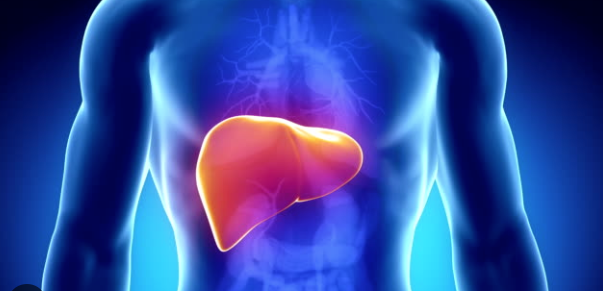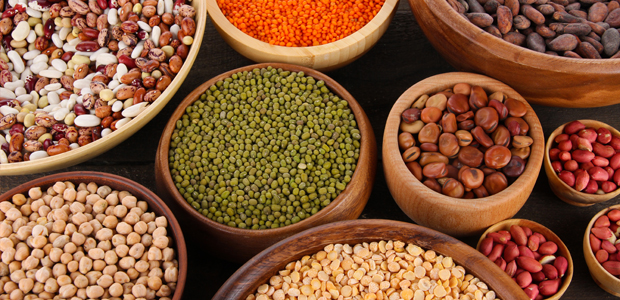Is Your Liver Healthy?
Category: Healthy lifestyle

The liver is the largest glandular organ in the body and performs multiple critical functions to keep the body pure of toxins and harmful substances.
It produces bile, a substance needed to digest fats. Bile’s salts break up fat into smaller pieces so it can be absorbed more easily in the small intestine.
This is a vital organ!
Here are additional functions of the liver:
In addition to producing bile, the liver:
1. Detoxifies the blood to rid it of harmful substances such as alcohol and drugs
2. Stores some vitamins and iron
3. Stores the sugar glucose
4. Converts stored sugar into functional sugar when the body’s sugar (glucose) levels fall below normal
5. Breaks down hemoglobin as well as insulin and other hormones
6. Converts ammonia to urea, which is vital in metabolism
7. Destroys old red blood cells (called RBCs)
Sometimes, people have what we call a fatty liver, which can harm their health.
A fatty liver is a medical condition describing the fat buildup in the liver. Having small amounts of fat in your liver is normal, but too much can cause long-term liver damage.
Symptoms include pain in the upper right abdomen, fatigue, poor appetite, and weight loss. It is also possible that people with this condition do not have any symptoms.
Aside from alcohol abuse, other common causes of fatty liver are obesity, insulin resistance, diabetes, and high levels of fats, particularly triglycerides, in the blood.
To conclude, you can reduce your risk of fatty liver disease by eating a healthy and balanced diet, maintaining a healthy weight, aiming for at least 30 minutes of exercise most days of the week, and limiting or eliminating alcohol from your diet.
Please, I would love to hear from you or ask a question!
To your health,
Gaétane



Facebook Comments